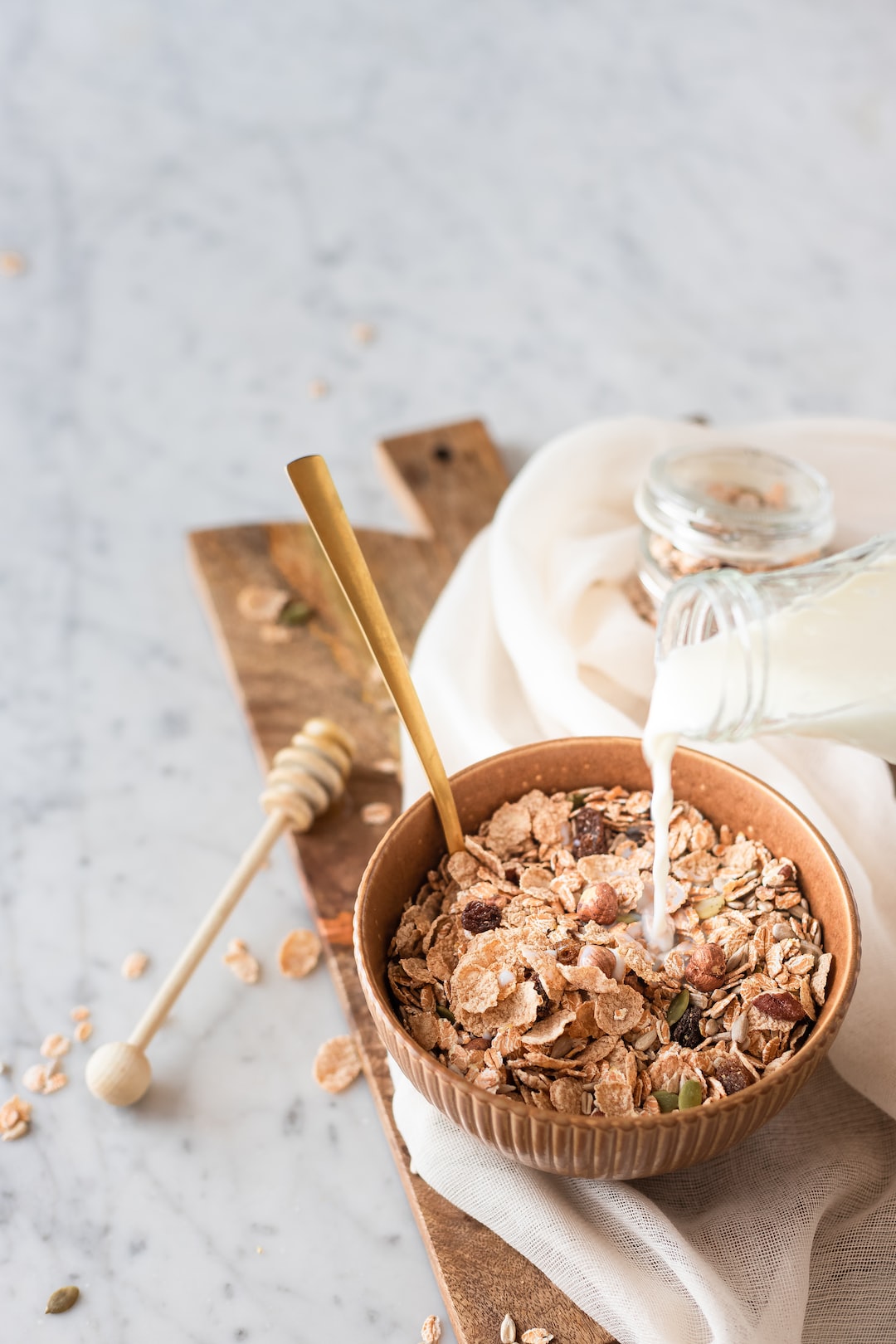
When you hit menopause, it’s not just your hormones that change. Your skin also starts to slow down. You might notice dry patches or even fine lines and wrinkles appear as you age. But there are ways to nourish aging, menopausal skin—and protect against the effects of stress and hormones on your body.
Menopause and your skin: Why it happens
You may have noticed that your skin looks different as you enter into menopause. Menopause is a natural stage of life, but it can also be a time when our bodies undergo changes in their hormonal balances and the way we look. The most common symptoms of menopause are:
- Fine lines and wrinkles become more prominent
- Skin becomes thinner
- Skin loses elasticity and becomes drier
Why skin gets drier at menopause
The first thing to understand is that estrogen is the hormone that gives your skin its moisture. As you age, your estrogen levels decline and this makes it harder for your skin to retain water. You may notice dry patches on your face or other body parts as a result.
The second reason why menopause causes dryness in the skin can be attributed to hormonal changes within the body itself—namely, thinnerning of the epidermis (the outermost layer). This makes our cheeks look hollow and creates more wrinkles than we’d like! It’s also why women often feel like they need more moisturizer during their menstrual cycle when they’re still ovulating; their bodies naturally produce extra oil during this time so they’ll have enough protection from external factors such as sunburns or heat exposure while menstruating without needing too much additional product application throughout each month.”
How other menopause symptoms affect skin health
- Skin can become dry and flaky.
- Skin can become more sensitive.
- Skin may become oily or acne-prone, especially if you have a history of the opposite condition (dry, unbalanced skin).
- Your skin may also turn redder in the days leading up to your period due to hormonal changes that cause it to produce blood vessels called capillaries that protrude from the surface of the epithelial cells on top of your corneas (the clear structures in front of each eye). The extra blood vessels make it look like there’s a drop at the end of each eyelash when they’re wet—that’s why women often get asked if they’ve been crying!
Stress havoc on your hormones
Stress is a big factor in menopausal skin, as it can cause a drop in estrogen levels. Estrogen is the hormone responsible for regulating the production of collagen and elastin in our skin—both essential for healthy looking skin. When you’re stressed out, your body releases cortisol which disrupts your hormones by causing them to fluctuate wildly (think PMS symptoms), making it more difficult for your body to regulate its own functions properly.
In addition to affecting the hormonal balance of a woman’s body, stress also causes her immune system to go haywire; this means that if something happens like an infection or injury while they’re under high levels of stress then their response could be exaggerated or even dangerous!
How to nourish aging, menopausal skin
It’s important to nourish your skin during menopause. Your skin becomes more sensitive and prone to dryness, so you need to make sure it’s getting enough moisture.
- Use a moisturizer with sunscreen if you need extra protection from the sun.
- Eat more fruits and vegetables, especially those that are rich in antioxidants like blueberries or strawberries (and drink water too!).
- Get enough sleep – 6-8 hours per night is ideal for most people! If possible try to go even longer than 8 hours each night if you can manage it because this helps keep blood sugar levels stable which helps prevent wrinkles later on in life!
There are ways to protect and care for your skin during menopause
There are ways to protect and care for your skin during menopause.
- Eat a healthy diet. The quality of your diet will help you look younger, feel better, and sleep better. Eat plenty of fruits, vegetables, whole grains and legumes (beans and lentils), low-fat dairy products like milk or yogurt; fish twice a week; lean meats such as chicken or turkey once a week; nuts every day (including walnuts); eggs every other day; low-fat cottage cheese or Greek yogurt with fruit when you crave something sweet afterward; wine in moderation if needed after meals only when approved by your doctor — not every night!
- Drink plenty of water: 8 glasses per day is recommended but it’s okay if you go up higher than that because dehydration can cause wrinkles too! Drinking enough water helps keep our bodies working properly so we don’t feel tired all the time from lack of energy either…it also keeps our skin looking young instead falling apart over time due lack thereof moisture retention ability.”
Any concerns ? Seek medical advice
If you have been experiencing problems and you think they might be related to your hormones, it is important to talk to a doctor first. He or she can help you determine what the underlying cause might be and prescribe the best treatment for you.
DISCLAIMER: THIS WEBSITE DOES NOT PROVIDE MEDICAL ADVICE
The purpose of this website is to promote broad consumer understanding and knowledge of various health topics. Content has not been written nor reviewed by a medical professional or medical institution. It is not intended to be a substitute for professional medical advice, diagnosis or treatment. Always seek the advice of your physician or other qualified health care provider with any questions you may have regarding a medical condition or treatment and before undertaking a new health care regimen, and never disregard professional medical advice or delay in seeking it because of something you have read on this website.
Please refer to our terms of use




Leave a Reply